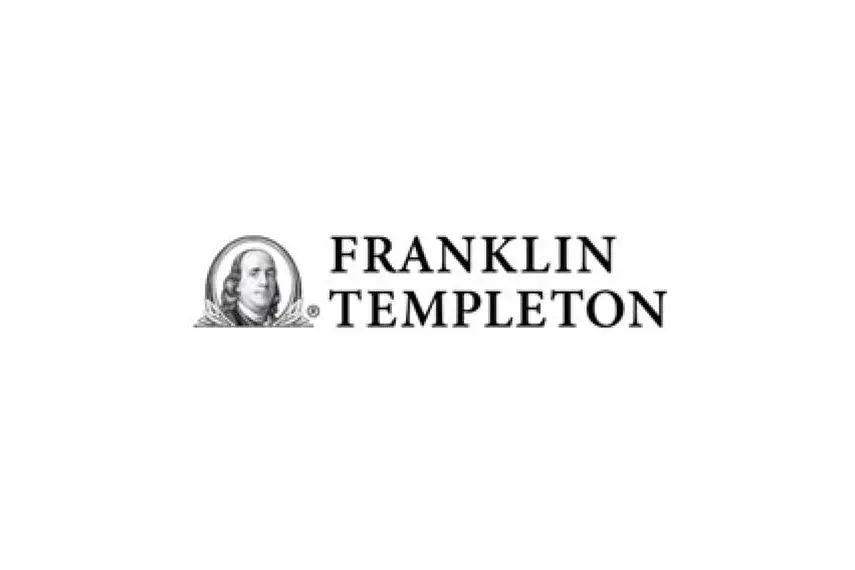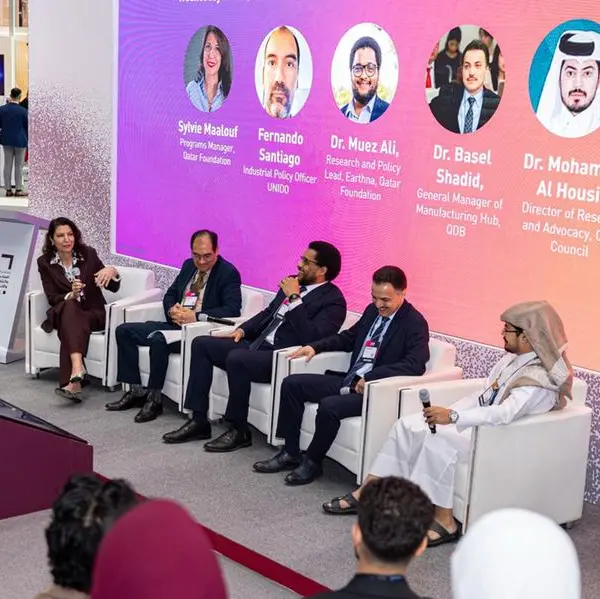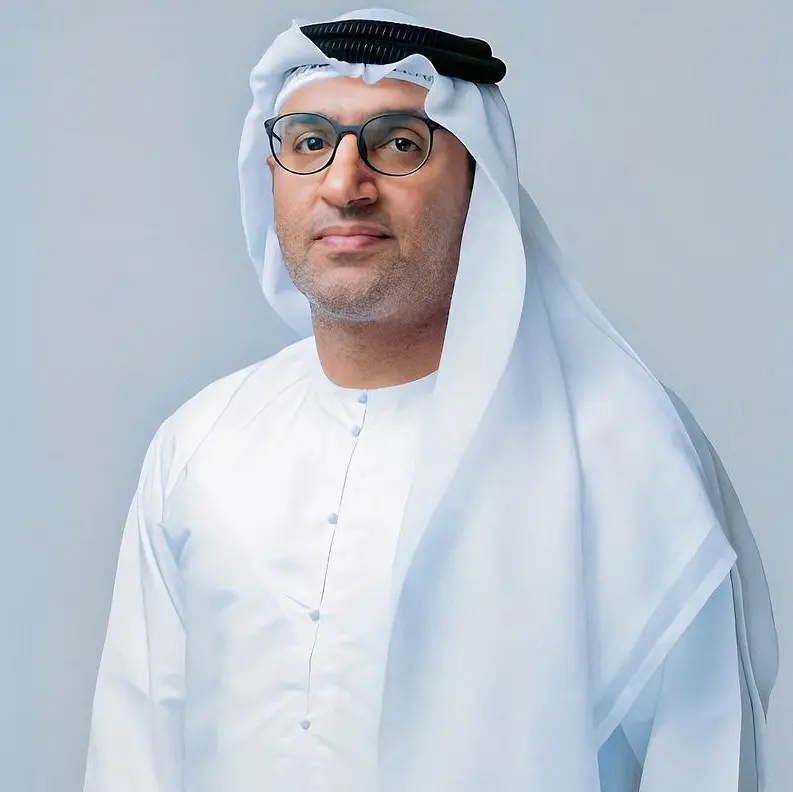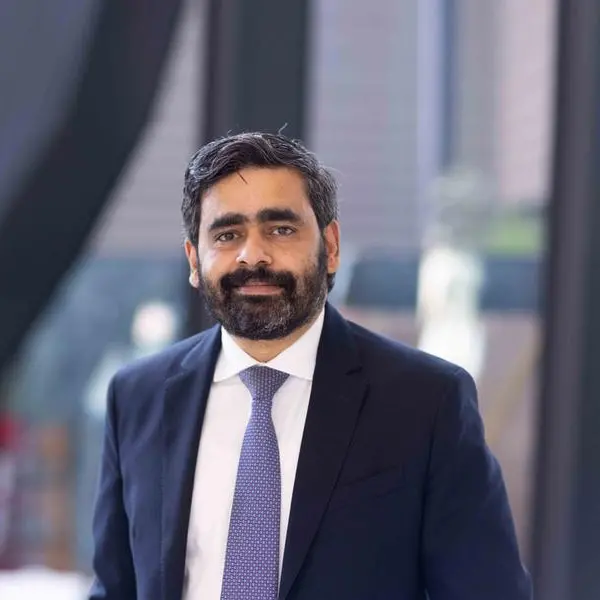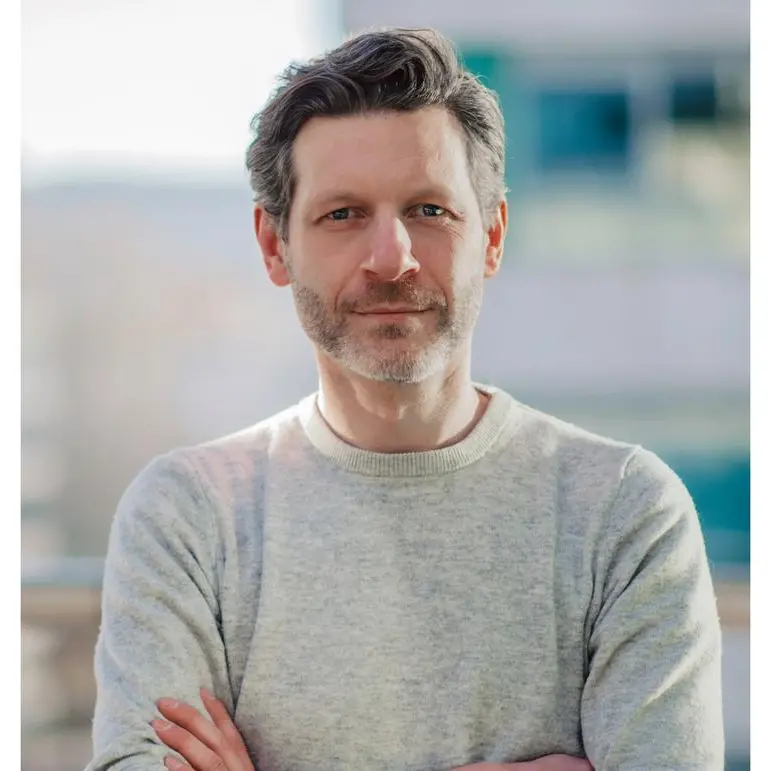PHOTO
Dubai – UAE - Franklin Templeton Emerging Markets Equity (FTEME) has released its latest investment outlook, highlighting the significant economic transformation underway across the Gulf Cooperation Council (GCC) region and the resulting opportunities for investors. The report outlines key growth drivers, sector-specific opportunities, and the impact of structural reforms that are reshaping the region’s investment landscape. It identifies four core themes expected to drive medium-term growth: (a) rising consumption fuelled by expanding tourism and domestic demand; (b) the strategic expansion of energy output, including both renewable energy and a substantial increase in liquefied natural gas production; (c) large-scale infrastructure investment across the region; and (d) ongoing market reforms aimed at increasing foreign equity participation and deepening capital markets. These dynamics underscore the GCC’s emergence as a more diversified, resilient, and investor-friendly economic bloc.
“Despite global uncertainties, the GCC region offers a unique combination of economic diversification, ambitious infrastructure investment programs, and dynamic financial reforms that create a compelling investment landscape. By focusing on company-specific beneficiaries and partnering with local expertise, investors can capitalize on the region’s growth potential” said Salah Shamma, Head of Investment, and Portfolio Manager, MENA Equities at Franklin Templeton.
The outlook underscores how GCC countries have successfully reduced their dependence on oil and gas, opened their capital markets, and diversified their economies, supported by the strong fiscal positions of the GCC region contribute significantly to the growing investor confidence in regional markets. Foreign participation in GCC equity markets has increased significantly in recent years. GCC reforms, including eased foreign ownership limits and upgraded financial infrastructure, facilitated the inclusion of UAE, Saudi Arabia, Qatar, and Kuwait in the MSCI Emerging Market Index. This inclusion, along with Oman potentially joining in 2027, drove a doubling of foreign equity inflows to US$60 billion by the end of 2024 compared to 2022. Adding to the region's attractiveness is the declining equity risk premium (ERP) in the GCC, which has decreased from 6.6% in 2016 to 2.4% in March 2025, indicating a lower perceived risk for investors. Furthermore, the low correlation between GCC and world markets, as highlighted in the report, offers valuable diversification benefits for international investors.
At the heart of the GCC’s diversification efforts are ambitious government-led investment programs. Between 2018 and 2028, planned infrastructure investments across the region are estimated at US$2.65 trillion. Saudi Arabia is leading this transformation, committing over US$1 trillion to infrastructure projects by 2030. These include large-scale giga projects such as Neom, the development of new cities, and major airport expansions, notably the US$30 billion expansion of King Salman International Airport. Similarly, the UAE is heavily investing in its energy and transportation infrastructure, including the expansion of the Dubai Metro and the Etihad Rail network. Additionally, Qatar's North Field gas expansion, set to double LNG production by 2030, is another key driver of regional economic growth. As investment activity accelerates, FTEME believes investment opportunities in the logistics sector will stand to benefit from rising infrastructure demand. The banking system is also likely to benefit from this growth cycle, supported by increased liquidity and demand for credit.
Both Saudi Arabia and the UAE are targeting substantial increases in tourist arrivals, with Saudi Arabia aims to attract 150 million tourists by 2030, while the UAE targets 40 million hotel guests by 2031. This ambitious growth in tourism and the continued strength of domestic demand are projected to significantly boost consumer spending across various sectors. Dubai’s latest investments in a new airport and solar power are aligned with its sustainable tourist development plan, with a goal of raising renewables’ share of the energy mix and tourism’s contribution to GDP.
Kuwait is also showing signs of renewed economic momentum, with recently approved sovereign debt law and new mortgage laws expected to unlock growth in the banking, real estate, and construction sectors. The UAE’s Centennial 2071 plan emphasizes soft power, including education and health, to further diversify the economy.
Shamma concluded: "The GCC region has demonstrated remarkable resilience and continues to present compelling opportunities for investors who understand its evolving dynamics and future-forward vision.”
Franklin Templeton, one of the world’s largest asset manager was established in the Middle East nearly 25 years ago and is a leading investment firm based in the DIFC. Known for its pioneering role in emerging market investing, the firm offers a range of investment and research services, including MENA Fixed Income and Global Sukuk, Frontier and MENA Equities, and MENA Private Credit and Private Equity through its offices in Dubai and Riyadh. Franklin Templeton has a long-standing reputation for serving major financial institutions in the Middle East, including sovereign wealth funds, central banks, family offices, and global private banks.
-Ends-
Contacts:
| Sarah Aziz | Asaad Masri |
Notes to Editors:
- Franklin Resources, Inc. [NYSE:BEN] is a global investment management organisation with subsidiaries operating as Franklin Templeton and serving clients in over 150 countries. Franklin Templeton’s mission is to help clients achieve better outcomes through investment management expertise, wealth management and technology solutions. Through its specialist investment managers, the company offers specialisation on a global scale, bringing extensive capabilities in fixed income, equity, alternatives and multi-asset solutions. With more than 1,500 investment professionals, and offices in major financial markets around the world, the California-based company has over 75 years of investment experience and approximately $1.58 trillion in assets under management as of 28 February 2025.
- The firm established its presence in the region over 25 years ago, setting up in the UAE in 2000. The office in Dubai is now the hub for Central & Eastern Europe, Middle East and Africa (CEEMEA), supporting retail and institutional investors across the region including some of the world’s largest sovereign wealth funds, central banks, family offices and global private banks based locally. Building on this established regional presence, Franklin Templeton further expanded its commitment to the Middle East with the opening of its Riyadh office in March 2024.
- This press release is intended to be of general interest only and does not constitute professional advice. Franklin Templeton and its management groups have exercised professional care and diligence in the collection and processing of the information in this press release. Franklin Templeton makes no representations or warranties with respect to the accuracy of this document. Franklin Templeton shall not be liable to any user of this report or to any other person or entity for the inaccuracy of information contained in this press release or for any errors or omissions in its contents, regardless of the cause of such inaccuracy, error or omission.
Any research and analysis contained in this document has been procured by Franklin Templeton for its own purposes.
Please consult your financial advisor before deciding to invest.
Issued by Franklin Templeton Investments (ME) Limited, authorized and regulated by the Dubai Financial Services Authority.
Copyright © 2025 Franklin Templeton. All rights reserved.
Franklin Templeton Investments (ME) Limited is regulated by the Dubai Financial Services Authority
Franklin Templeton Investments (ME) Ltd.
Gate Building, East Wing, 2nd Floor
Dubai International Financial Centre
P.O. Box 506613
Dubai, United Arab Emirates
www.franklintempletonme.com
